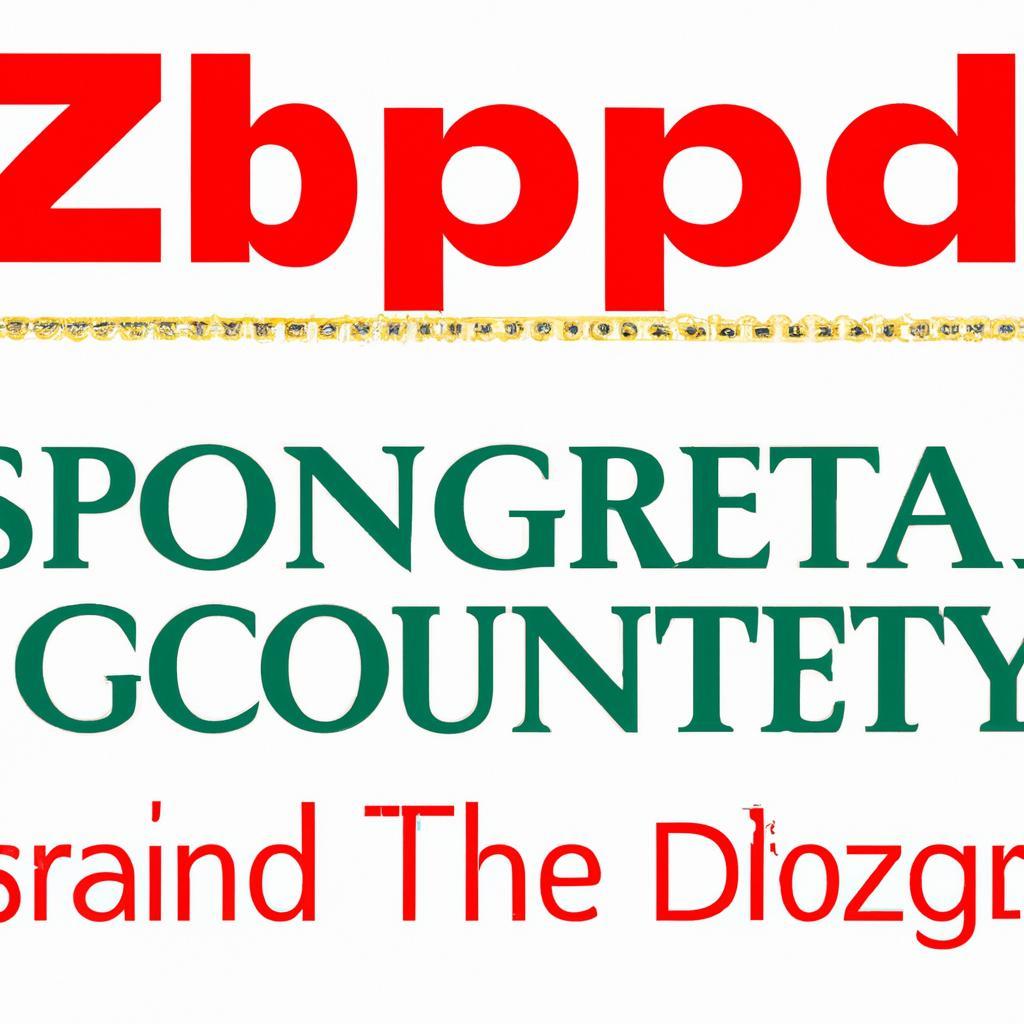In an era where brands are as much a reflection of values as they are of products, the integrity of a brand is paramount. Within this intricate tapestry lies a crucial yet often overlooked element: zip code protections. These safeguards are not merely administrative details; they symbolically represent the trust and loyalty that communities place in the brands they choose to support. As companies navigate the nuanced landscape of local markets, respecting these geographic boundaries becomes essential not just for compliance, but for cultivating genuine relationships with consumers. In this article, we will explore the significance of zip code protections in the realm of brand integrity and how honoring these demarcations is integral to fostering respect, loyalty, and authenticity in today’s competitive marketplace.
Understanding Zip Code Protections and Their Role in Brand Integrity
The protection of zip codes has become a critical factor in maintaining brand integrity across various industries. By honoring these geographic boundaries, companies can foster trust and loyalty among consumers, enhancing their overall reputation. **Zip code protection** serves as a barrier against unauthorized competition and ensures that businesses can maintain a stronghold in their designated markets. This practice not only consolidates customer relationships but also minimizes the risk of brand dilution, as clients are more likely to associate a product or service with its established provider within a specific region.
Furthermore, adhering to zip code protections allows brands to tailor their marketing strategies and product offerings, aligning them with local demographics and preferences. This approach leads to a more personalized customer experience, as businesses can harness valuable data to optimize their operations. Key benefits of respecting zip code protections include:
- Enhanced market segmentation: Businesses can identify and target specific consumer groups effectively.
- Stronger customer loyalty: A sense of exclusivity fosters brand commitment among clients.
- Reduction in market disputes: Clear geographical understanding minimizes conflicts with competing businesses.
To illustrate the impact of zip code practices, the following table highlights common practices and their associated benefits:
| Practice | Benefit |
|---|---|
| Restricting distribution | Prevents market saturation |
| Localized marketing campaigns | Increases relevancy to local customers |
| Tailored customer support | Improves customer satisfaction |

Navigating the Risks: How Violating Zip Code Protections Can Harm Your Brand
Violating zip code protections not only poses significant legal risks but can also severely damage your brand’s reputation and consumer trust. When businesses overlook these protective measures, they undermine the ethical commitment to equitable pricing and customer fairness. Here are potential repercussions your brand may face:
- Legal Ramifications: Engaging in practices that contravene zip code regulations may lead to costly lawsuits and penalties.
- Consumer Backlash: Customers who feel exploited or discriminated against may take to social media, amplifying dissatisfaction and harming your public image.
- Loss of Credibility: Breaching trust can lead to long-term damage, resulting in diminished loyalty and potential customer loss.
Furthermore, the impact extends beyond immediate financial setbacks. In today’s digital marketplace, brand integrity is fundamental to maintaining a competitive edge. Businesses that prioritize compliance with zip code protections foster a sense of community among their consumers and positively differentiate themselves from competitors. Consider the following advantages:
| Advantages of Compliance | Impact on Brand |
|---|---|
| Enhanced Reputation | Builds consumer trust and loyalty. |
| Market Differentiation | Sets your brand apart from competitors who may not adhere to these standards. |
| Long-term Success | Fosters sustainable business growth and customer retention. |

Building Trust through Compliance: Strategies for Upholding Zip Code Regulations
Establishing compliance with zip code regulations is vital for brands aiming to cultivate a robust reputation. Adhering to these local laws not only mitigates legal risks but also fosters confidence among consumers who feel that their privacy and preferences are respected. To effectively implement these regulations, brands should consider the following strategies:
- Regular Training: Provide ongoing education for employees about the importance of zip code regulations and compliance practices.
- Transparent Policies: Develop clear, accessible policies that outline how customer data, including zip code information, is collected and used.
- Community Engagement: Actively participate in local events to reinforce the brand’s commitment to the community and mutual respect for regulations.
Incorporating compliance checks into standard business operations not only promotes trust but also helps in identifying potential areas of concern before they escalate. This proactive approach can be supported by employing technology, such as data analytics tools, to monitor compliance in real-time. Consider using the following table to illustrate the essential components of an effective compliance strategy:
| Component | Description |
|---|---|
| Data Monitoring | Implement systems to regularly review data usage and compliance with zip code regulations. |
| Feedback Loops | Encourage customer feedback related to privacy and data practices, refining approaches based on responses. |
| Third-party Audits | Engage external auditors to review compliance practices and offer insights for improvement. |
Insights and Conclusions
In a world where consumer loyalty is often as tenuous as a fleeting trend, the sanctity of brand integrity becomes paramount. Our exploration of zip code protections reveals not just a legal framework, but a foundational element that upholds the trust and confidence of communities. As businesses navigate the complex landscape of marketing and distribution, respecting these boundaries is not merely an act of compliance—it is a commitment to ethical practices and sustainable relationships with consumers.
As we conclude our journey through the myriad dimensions of safeguarding brand integrity, let us remember that the essence of a brand transcends logos and taglines. It resides in the respect for the identities and values of the consumers it seeks to serve. Only by embracing the principles of fairness and respect can brands hope to thrive in an ever-evolving marketplace. The path forward is clear: prioritize integrity, honor local protections, and nurture authentic connections. In doing so, brands will not only safeguard their reputation but will also forge a lasting legacy rooted in trust and respect—one zip code at a time.
